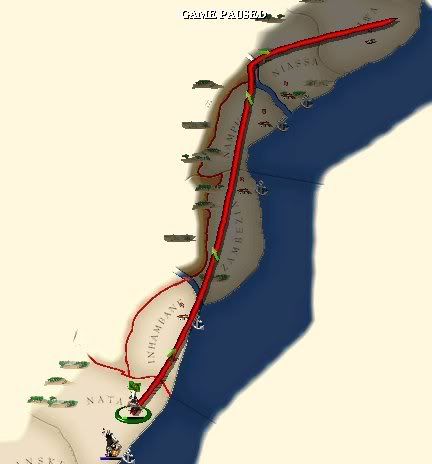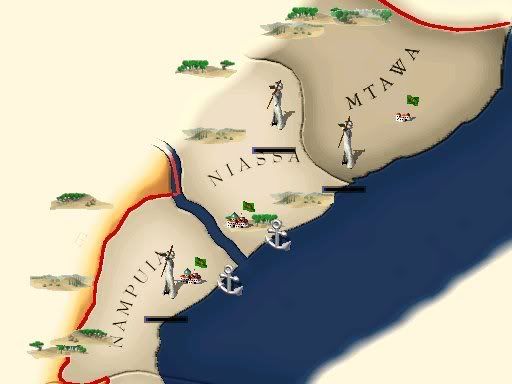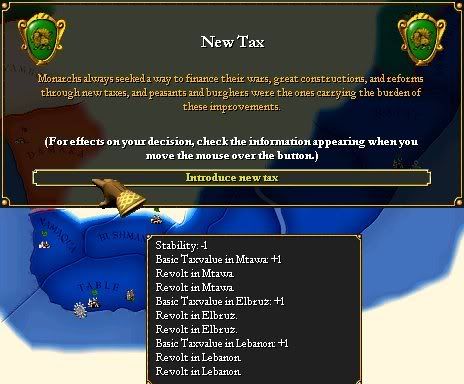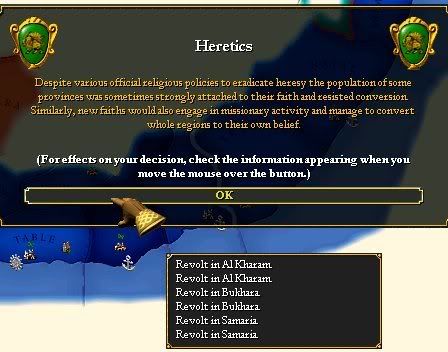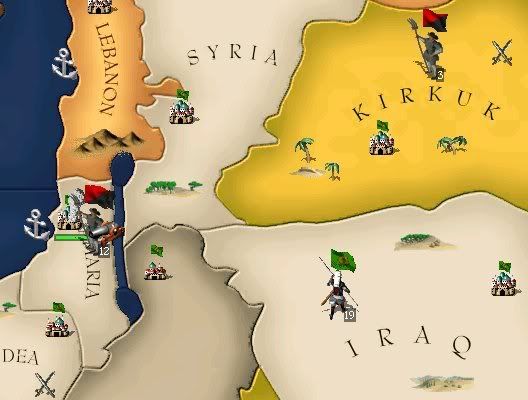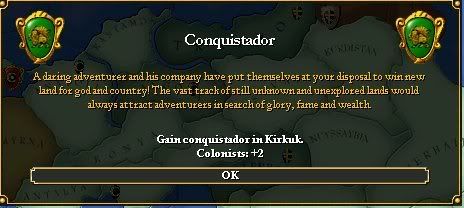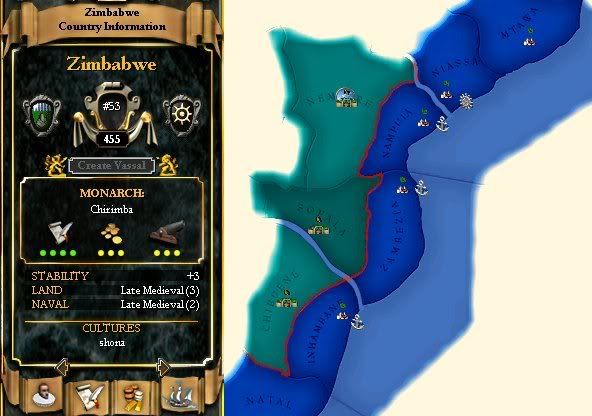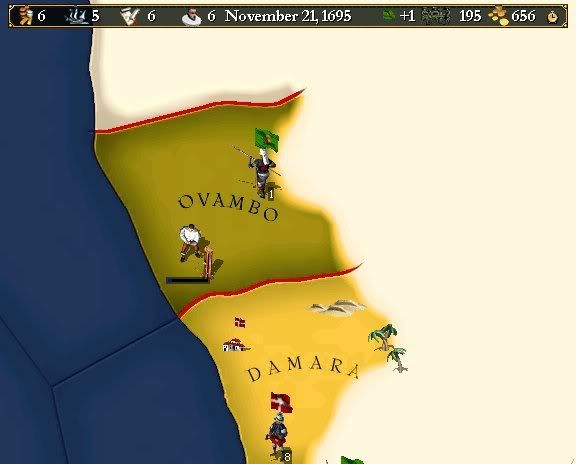Shah Suleiman II – The Persian Inquisition
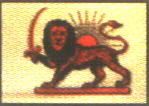
The war was over and Suli needed someone to blame. Jalil one of the three surviving members of the council, brother of Najam suggested the Sunni and Orthodox minorities were at fault. They hadn’t aided Najam enough in his fights against the Polish and the people of Egypt left Husayn’s army ill supplied in their fights against the Spanish. Of course every sensible soul in the Empire knew none of this was true but an angered Suli lapped it all up. If the Safavids were to achieve victory against enemies abroad they must first destroy their enemies within. Suli drew up plans to phase the Sunnis and Christians out of politics in the regions they dominated and slowly whittle away at their support. The other two members of the council were appalled by this suggestion. Despite the Empire being staunchly Shiite previous Shahs had long tolerated the other beliefs within the borders and being Safavid was more important then religion. They begged Suli to reconsider but his mind was made up – some said lost. The remaining two members of the council fled to Afghanistan after Suli threatened to have them executed if they failed to aid him in his plans.
Meanwhile, far away from Isfahan in Natal the governor, Hossein received a letter of this new policy of intolerance. He sent back a polite reply insisting he would do all he could then threw the letter away. Safavid South Africa was a place of freedom and for the most part peace away from the turmoil of the Empire and Hossein wouldn’t allow petty religious differences to interfere with his work. There were more pressing needs – such as establishing a colony to the west in Namaqua.

Just a year later in the Empire proper the actions of Suli wreaked havoc across the lands.

Across the Empire people rose up in revolt – in some case Shiites as well as the persecuted Orthodox and Sunni minorities. The army was in place though – they knew where they trouble would be and dealt with it ruthlessly.
Jalil aside from being made head (inevitable if illogical seen as he was the only member) of the Council was given command of the Kizilbash Guard. He took his men to the Jordan where they brutally converted the population by any means they had at their disposal.

Across the Empire, the people shocked and disgusted by the actions of their ruler revolted and the army had a hard time putting down the rebels. Not even the most pessimistic of commanders predicted the ferocity and size of the backlash against Suli’s new policies.

Jalil next travelled across the sea to Gao (the Safavid holding in India from the Portuguese war) where the inhabitants suffered a similar fate to those in the Judea.

In the short time between messengers arriving announcing more rebels or fighting had broken out Suli had time to sign a trade agreement with the Spanish. While the agreement itself was of little use to either side it allowed diplomatic relations to be re-opened. There had been practically no contact since the Safavids had removed the Spanish puppet-king in Naples.

In 1683 signs of an end to the rebellions appeared. Suli and the army were beginning to regain control of the Empire. The colony in SSA had been completed and it now shared borders with both Danish and Portuguese colonies. Hossein began to look for further room to expand inland but was informed this was impossible. The terrain was just too inhospitable. After hearing this he began to turn his attention east to the poorly defended Portuguese holdings which dotted the coast. Hossein decided to write a letter to Suli asking him to look at the possibility of a war with the Portuguese over the region. If Suli was mad enough to order the Inquisition then surely he would allow Hossein to take a bit of land off some heathens – after all this might actually do the Empire some good.

Shah Suleiman I – The Persian Inquisition (1675 – 1683)
The war was over and Suli needed someone to blame. Jalil one of the three surviving members of the council, brother of Najam suggested the Sunni and Orthodox minorities were at fault. They hadn’t aided Najam enough in his fights against the Polish and the people of Egypt left Husayn’s army ill supplied in their fights against the Spanish. Of course every sensible soul in the Empire knew none of this was true but an angered Suli lapped it all up. If the Safavids were to achieve victory against enemies abroad they must first destroy their enemies within. Suli drew up plans to phase the Sunnis and Christians out of politics in the regions they dominated and slowly whittle away at their support. The other two members of the council were appalled by this suggestion. Despite the Empire being staunchly Shiite previous Shahs had long tolerated the other beliefs within the borders and being Safavid was more important then religion. They begged Suli to reconsider but his mind was made up – some said lost. The remaining two members of the council fled to Afghanistan after Suli threatened to have them executed if they failed to aid him in his plans.
Meanwhile, far away from Isfahan in Natal the governor, Hossein received a letter of this new policy of intolerance. He sent back a polite reply insisting he would do all he could then threw the letter away. Safavid South Africa was a place of freedom and for the most part peace away from the turmoil of the Empire and Hossein wouldn’t allow petty religious differences to interfere with his work. There were more pressing needs – such as establishing a colony to the west in Namaqua.

The planned new colony in SSA
Just a year later in the Empire proper the actions of Suli wreaked havoc across the lands.

The Persian Inquisition
Across the Empire people rose up in revolt – in some case Shiites as well as the persecuted Orthodox and Sunni minorities. The army was in place though – they knew where they trouble would be and dealt with it ruthlessly.
Jalil aside from being made head (inevitable if illogical seen as he was the only member) of the Council was given command of the Kizilbash Guard. He took his men to the Jordan where they brutally converted the population by any means they had at their disposal.

Conversion of Jordan
Across the Empire, the people shocked and disgusted by the actions of their ruler revolted and the army had a hard time putting down the rebels. Not even the most pessimistic of commanders predicted the ferocity and size of the backlash against Suli’s new policies.

Some of the many rebels
Jalil next travelled across the sea to Gao (the Safavid holding in India from the Portuguese war) where the inhabitants suffered a similar fate to those in the Judea.

Conversion of Gao
In the short time between messengers arriving announcing more rebels or fighting had broken out Suli had time to sign a trade agreement with the Spanish. While the agreement itself was of little use to either side it allowed diplomatic relations to be re-opened. There had been practically no contact since the Safavids had removed the Spanish puppet-king in Naples.

Persian-Spanish Trade Agreement
In 1683 signs of an end to the rebellions appeared. Suli and the army were beginning to regain control of the Empire. The colony in SSA had been completed and it now shared borders with both Danish and Portuguese colonies. Hossein began to look for further room to expand inland but was informed this was impossible. The terrain was just too inhospitable. After hearing this he began to turn his attention east to the poorly defended Portuguese holdings which dotted the coast. Hossein decided to write a letter to Suli asking him to look at the possibility of a war with the Portuguese over the region. If Suli was mad enough to order the Inquisition then surely he would allow Hossein to take a bit of land off some heathens – after all this might actually do the Empire some good.
Last edited:


